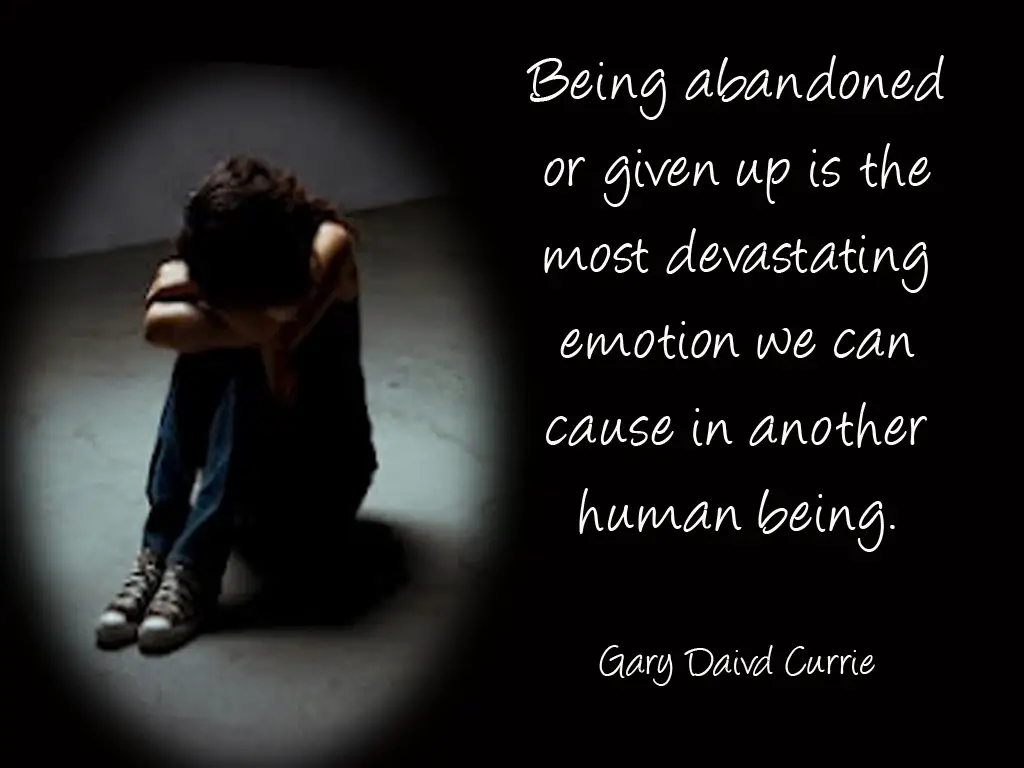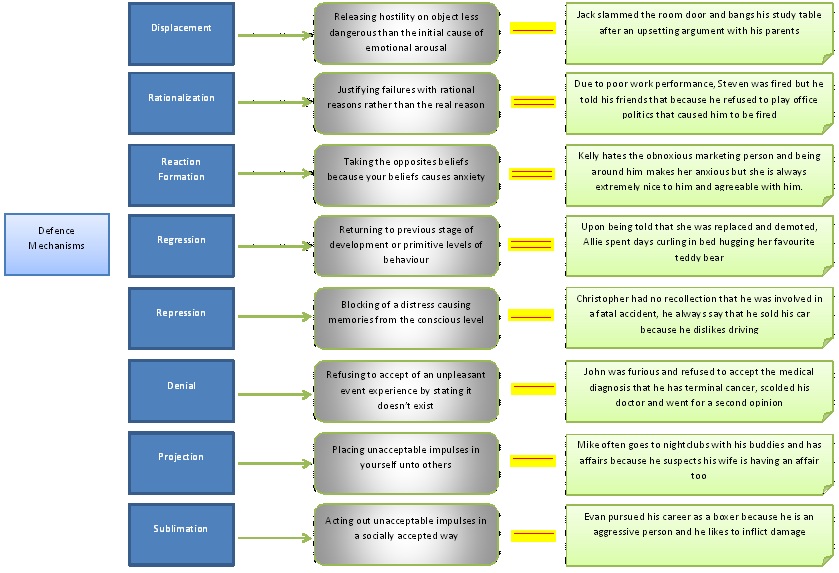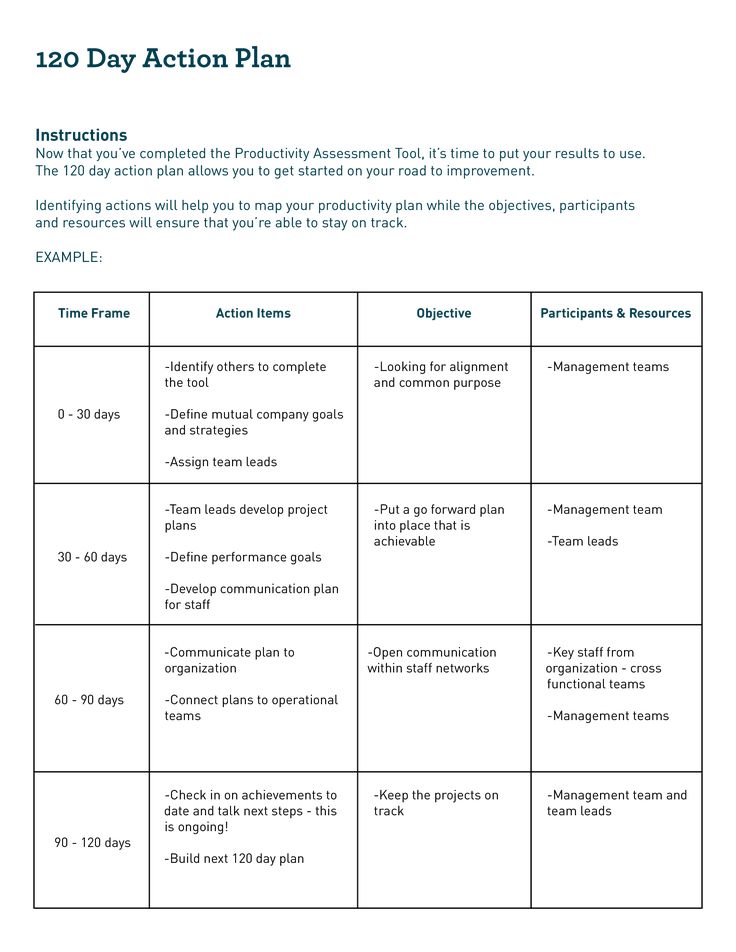Abandonment is abuse
Building Your Case: How to Document Abuse
Search Close
Leave this site safely
You can quickly leave this website by clicking the “X” in the top right or by pressing the Escape key twice.
To browse this site safely, be sure to regularly clear your browser history.
Got it
Security Alert
Internet usage can be monitored and is impossible to erase completely. If you’re concerned your internet usage might be monitored, call us at 800.799.SAFE (7233). Learn more about digital security and remember to clear your browser history after visiting this website.
Click the red “X” in the upper-right corner or “Escape” button on your keyboard twice at any time to leave TheHotline.org immediately.
OK
If you are in an abusive relationship and are in the process of taking (or deciding to take) legal action against your abusive partner, documenting the abusive behaviors of your partner can be an important component of building your case.
It’s worth noting that each state has different laws about what evidence and documentation can be used in court. Speaking with a legal advocate in your state might better prepare you for your unique situation (our advocates at the Hotline can help locate a legal advocate near you). According to WomensLaw, in most states evidence can include (but is not limited to) the following:
- Verbal testimony from you or your witnesses
- Medical reports of injuries from the abuse
- Pictures (dated) of any injuries
- Police reports of when you or a witness called the police
- Household objects torn or broken by the abuser
- Pictures of your household in disarray after a violent episode
- Pictures of weapons used by the abuser against you
- A personal diary or calendar in which you documented the abuse as it happened
Below are a few actions you can take to create documentation, if you are able to or feel safe doing so:
- Visit the doctor.

-
More and more, doctors and gynecologists are trained to recognize signs of abuse. Your health care provider could also be a safe resource for disclosing the abuse. If you’re visiting a doctor for an injury, ask them about safe ways they can make notes about the abuse — ex. Some can write “cause of an injury” without it having to go to the police.
- Consider outside documentation.
-
Do you have a trusted friend, coworker or family member who knows what’s going on and would be willing to help? There are many ways they can help document the abuse — whether that’s a coworker making note of times your partner calls you at the office, or a friend holding your journal at her house.
- Create a stalking log.
-
If your partner is stalking you, creating a stalking log can be very helpful to your case.
 The National Center for Victims of Crime’s Stalking Resource Center has examples of stalking logs (in PDF and Word formats) as well as additional information on stalking.
The National Center for Victims of Crime’s Stalking Resource Center has examples of stalking logs (in PDF and Word formats) as well as additional information on stalking. - Learn more about police reports.
-
ex. Like filing about a lost bike. Ask, “Hypothetically, if there was something that was happening that I would want to report…”
Always ask questions. Call your local police department’s non-emergency number and find out about the protocols and procedures of filing a police report.
This can help you prepare for filing a police report if you need to, which creates a paper trail of the abuse.
- Take pictures.
-
A digital camera or your phone camera may not always be safe. Consider getting a disposable camera. Another option is for someone else to take the pictures and keep them for you.

- Let it go to voicemail.
-
Is your partner calling over and over? Let it go to voicemail once and save the voicemail.
- Save digital evidence.
-
Do you have a smartphone? Most have the “take a screenshot” option. Thirty missed calls from your abusive partner? Take a screenshot of that. Threatening texts? Instead of responding to them, take a screenshot of them. These screen shots get saved in your images folder, so remember to send them on to a friend and delete them. If your partner sends threatening emails, don’t respond to them, but consider saving them in a folder in your inbox.
If you’re not sure if documenting your abuse would be safe, always go with your gut. It’s very important to keep in mind that you are the expert on your situation, and what works for one person may not be a safe idea for another person.
We are not legal advocates at the Hotline, but we are able to offer support and refer you to the local or state resources that might be helpful to you.
Answers shouldn’t be hard to find.
We're here to help!
- Call 1.800.799.SAFE (7233)
- Chat live now
- Text "START" to 88788
Emotional Abuse and Threats of Abandonment
I dont hear much about this type of abuse. Threats of abandonment are a form of emotional manipulation that uses a persons fear as a weapon.
I know a woman who shared the following story with me. She was trying to explain the problems she experienced in her marriage with her husband at the time. I will use her words to tell you her experience:
One night my husband and I were arguing about something, Im not sure what.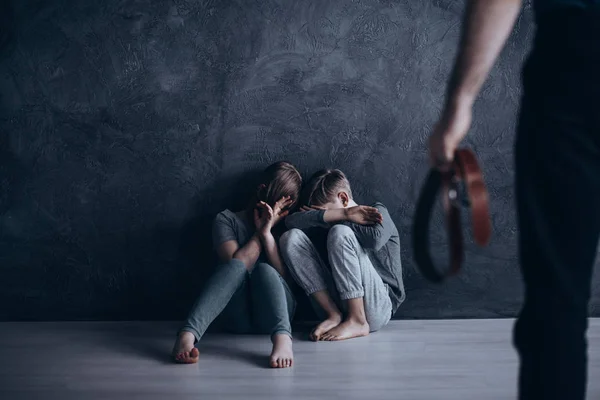 He began mocking me by supposedly imitating me, using insulting gestures, insinuating that I was crazy. Then he promptly called me a Fu%$ing Bi*&!, turned over and fell asleep.”
He began mocking me by supposedly imitating me, using insulting gestures, insinuating that I was crazy. Then he promptly called me a Fu%$ing Bi*&!, turned over and fell asleep.”
“The next morning he wanted sex before he went out for the day. Of course, I was still shocked and hurt from the previous nights argument and said, ‘No.’ He thought I was being completely unfair so he kept trying to talk me into it; but, I wouldnt budge, which made him angry. Finally, he took off his wedding ring, threw it at me, and told me I was irrelevant to him and was no longer a wife.”
“I was further shocked and traumatized by this action, and had no idea how to respond, so I just looked at him and stated, ‘I cant believe youre doing this to me.’ He promptly left.
Now, did this womans husband do anything illegal? Was any of this considered domestic violence in the eyes of the law? The answer to both questions is, No. What this woman experienced was verbal abuse and sexual abuse by threat of abandonment.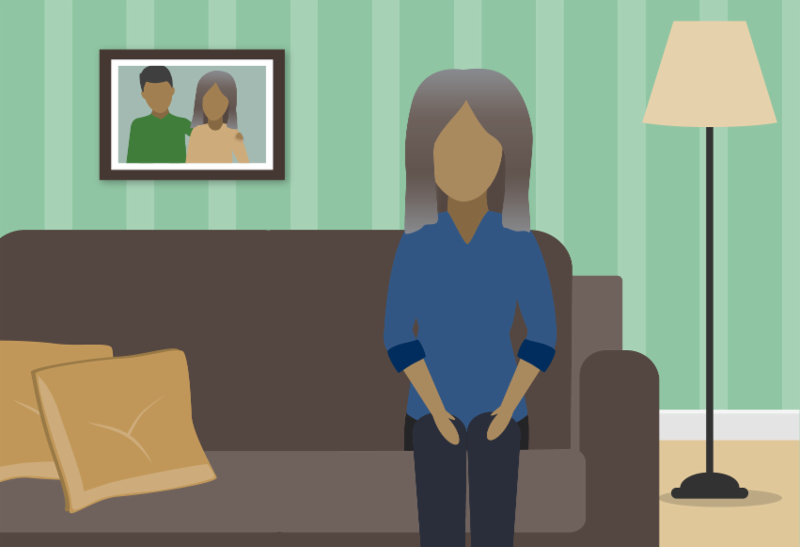 She knew that if she would have given in to her husbands request she wouldnt have experienced this abandonment; but, she also knew that in order to hold on to her own dignity, she could not have sex with a man who was being hurtful to her, even if it was her spouse.
She knew that if she would have given in to her husbands request she wouldnt have experienced this abandonment; but, she also knew that in order to hold on to her own dignity, she could not have sex with a man who was being hurtful to her, even if it was her spouse.
Time went on for this woman and she eventually forgave her husband for the mean behavior he had demonstrated. She ultimately moved on with her relationship and gave up expecting any accountability or apologies from him. After a while she ended up wanting sex herself and was willing to forget about the incident entirely, even though her husband did not put his wedding ring back on.
Emotional abuse happens in a cycle just as physical abuse does. Emotional abusers are really the same as physical abusers, except that emotional abusers tend to use more acceptable means of controlling their partners; not that what her husband did was acceptable by any means, it still did not draw blood or break any bones.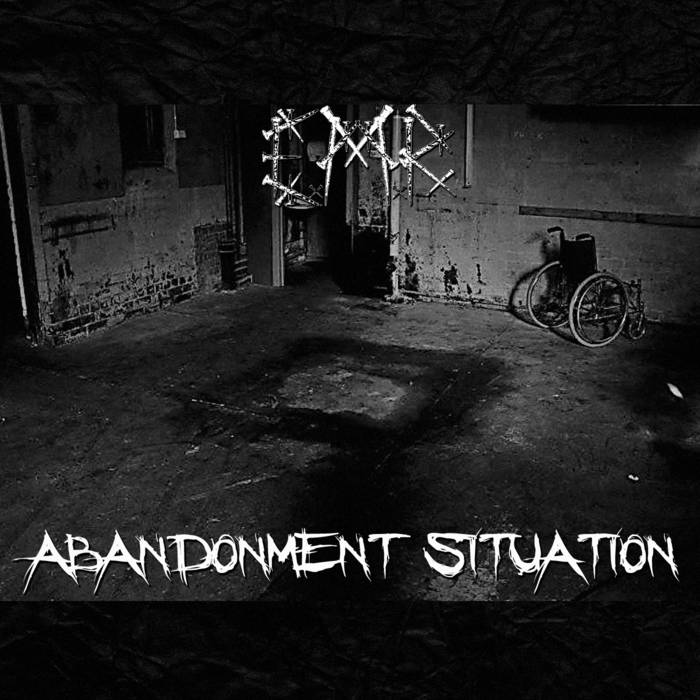
Emotional abusers tend to use their targets weaknesses as weapons. In general, most people do not experience abandonment well, but for the woman depicted in the story above, abandonment was a particularly effective means of control, for she already had abandonment issues. Her abuser was well aware that if he threatened to abandon her he would most likely be able to get his way with her.
However, this woman was learning to set boundaries and hold on to her dignity, even if her abuser threatened to leave. As with any abuser, when the victim starts setting boundaries and saying, No, the abuser will up the ante, and do even more damaging behaviors. Abusers seldom respect or respond well to boundaries.
When the abuser in our story realized that his verbal abuse and abandonment strategies were failing to control his wife, the next time he demanded sex and she did not comply he felt outraged, indignant, and entitled. In addition to these negative emotions, his delusional thinking kicked in and convinced him that his spouse truly was not a wife and he was free to meet his sexual needs by pursuing sexual relationships outside of their marriage.
Abandonment as an abuse technique is very effective because people are wired for connection. When the threat of abandonment is real, the body releases certain neurotransmitters and hormones, such as cortisol and adrenaline. In addition to this, with a lack of connection, the hormone oxytocin a feel good bonding chemical is depleted. This brain chemical reaction causes the victim to feel terrible. She will do anything to bring back the good feelings. This is true regardless of the mode of abuse a victim is subjected to.
As the victim learns to experience abandonment whenever she doesnt comply with her abusers demands, she starts being conditioned, like a trained dog, to do whatever it takes to prevent the abandonment (and the chemicals that wash her brain) from occurring, by doing whatever her abuser wants.
In fact, both the victim and the abuser become conditioned to this response. The abuser, in turn, feels further emboldened in his power over the victim because his tactics bring the results he is after.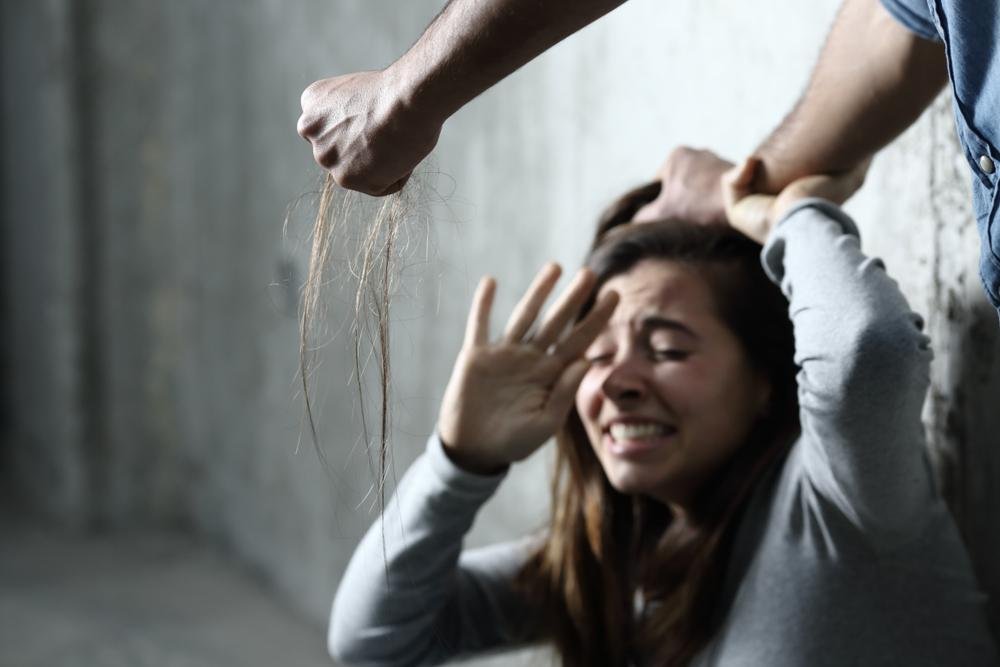 Unfortunately, however, an abuser is deeply disturbed within his own psyche, and the short-term benefits of getting cooperation from his victim do nothing to heal his true angst.
Unfortunately, however, an abuser is deeply disturbed within his own psyche, and the short-term benefits of getting cooperation from his victim do nothing to heal his true angst.
Over time, as both parties practice over and over again patterns of abusive interactions, the times in between abusive episodes decreases. This happens, because, as mentioned above, the problem within the abuser has nothing to do with his partner at all. Her acquiescence to his demands does not fix his true ailment – a deeply ingrained sense of ennui and shame.
The victim in this scenario eventually becomes shell shocked by the constant threats of abandonment and the continual sacrificing of her own wants and needs. Over time, the victim of this type (and other types) of abuse eventually loses herself.
Note: If you are a male victim of abuse, please realize that abuse is not a respecter of genders. Pronouns in this article were used because of case study involved.
The Supreme Court of the Russian Federation on the claim procedure, delaying the consideration of a dispute and abuse of procedural law, or Why a judge should not be a formalist
The legal position formulated by the Supreme Court in the case “MTS OJSC vs Continius CJSC” (Determination of the Supreme Court of the Russian Federation of July 23, 2015 No. 306-ES15-1364) cannot but please the progressive legal community. Let me remind you that the essence of the issue that came to the consideration of the Supreme Court of the Russian Federation was whether the court could satisfy the petition to leave the case without consideration due to non-compliance with the pre-trial procedure for resolving the dispute, if it was filed a long time after the start of the consideration of the case.
306-ES15-1364) cannot but please the progressive legal community. Let me remind you that the essence of the issue that came to the consideration of the Supreme Court of the Russian Federation was whether the court could satisfy the petition to leave the case without consideration due to non-compliance with the pre-trial procedure for resolving the dispute, if it was filed a long time after the start of the consideration of the case.
In fact, the circumstances were as follows. The case was considered by the court of first instance for more than 1.5 years. During this time, the court collected a sufficient evidence base to consider the dispute on the merits (a forensic examination was carried out), the defendant filed a counterclaim, the parties tried to conclude an amicable agreement. However, the Respondent, who had been taking an active part in the case all this time, unexpectedly decided to file a motion to leave the claim without consideration, which was granted by the court. The position of the court was supported by the appellate and cassation instances.
The position of the court was supported by the appellate and cassation instances.
Due to the fact that after the issuance of the contested judicial acts, MTS OJSC had already managed to re-apply a claim against Continius CJSC, the Supreme Court of the Russian Federation did not cancel them, but formulated an important legal position designed to suppress unfair actions aimed at delaying the consideration of the dispute . The High Court found that a motion to leave the case without consideration due to non-compliance with the pre-trial procedure for settling the dispute is not subject to satisfaction if it was filed after a series of procedural actions aimed at considering the case on the merits. Along the way, the Supreme Court of the Russian Federation gave approximate criteria that may indicate unfair actions aimed at delaying the process. The latter circumstance is extremely important, since it enables the court and the participants in the process to support their arguments with the authoritative opinion of the Economic Collegium. We can safely say that every lawyer going to court should have this Definition at hand.
We can safely say that every lawyer going to court should have this Definition at hand.
So, the quintessence of the judicial act is as follows:
“According to article 6 of the Convention for the Protection of Human Rights and Fundamental Freedoms, articles 46 , 47 of the Constitution of the Russian Federation, everyone is guaranteed the right to judicial protection through an independent and impartial court, the competence of which is established by law.
By virtue of provisions parts 2 and 3 articles 41 of the Arbitration Procedure Code of the Russian Federation, persons participating in the case must conscientiously use all their rights, including timely submission of evidence, petitions, and statements. Abuse of procedural rights or failure to fulfill procedural obligations by persons participating in the case may lead to the stipulated Code adverse effects on these individuals.
According to part 2 of article 9 , parts 3 and 4 of article 65 of the Arbitration Procedure Code of the Russian Federation, the persons participating in the case have the right to know about the arguments on each other and are obliged to disclose evidence refer as the basis of their claims and objections to other persons participating in the case, in advance, before the start of the trial or within the period established by the court, given that they bear the risk of the consequences of the commission or failure to perform the relevant procedural actions.
Part 5 of Article 159 of the Arbitration Procedure Code of the Russian Federation provides that the arbitration court has the right to refuse to satisfy an application or petition if they were not filed in a timely manner by a person participating in the case, due to the abuse of their procedural right and are clearly aimed at disrupting the judicial hearings, delaying the trial, obstructing the consideration of the case and the adoption of a lawful and justified judicial act, unless the applicant was not able to file such an application or such a petition earlier for objective reasons.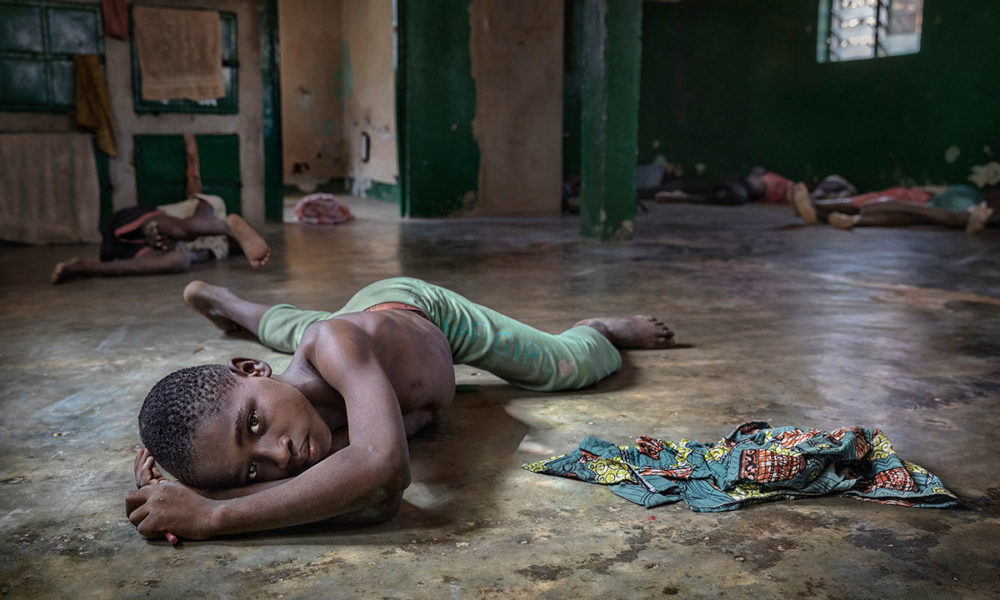
This dispute has been considered by the Arbitration Court of the Samara Region since March 2012. The court collected and presented a significant amount of evidence, including expert opinions, which allowed the court to decide on the merits of the dispute.
Abuse of the right on the part of the company "Continius" can be traced in the fact that most of its petitions in the court of first instance were directed either to suspend the case or to postpone the trial on the merits. Almost all petitions were filed by him exclusively in court sessions, without attaching any evidence, accompanied by a request for time to finalize the legal position on the case, as well as to collect the necessary evidence. All petitions were filed by the defendant in turn.
The motion to leave the claim without consideration due to the plaintiff's failure to comply with the claim procedure for settling the dispute was declared by the Continius company only in December 2013.
in terms of meaning of paragraph 8 of part 2 of Article 125 , Part 7 of Article 126 , paragraph 2 of part 1 of Article 148 of the Arbitration Procedure of the Russian Federation The claims of disposal of the dispute in judicial practice are considered as a method , which allows voluntarily, without additional expenses for the payment of state duty, with a significant reduction in time, to restore violated rights and legitimate interests. Such a procedure for resolving a dispute is aimed at its prompt resolution and serves as an additional guarantee of the protection of rights.
The behavior of the respondent did not show any intention to voluntarily and promptly settle the dispute out of court, therefore, leaving the claim without consideration led to unreasonable delay in resolving the dispute and infringement of the rights of one of its parties. leaving the claim of the company "MTS" without consideration ".
P.S.
In conclusion, I would like to go beyond the topic of leaving the claim without consideration, and look at the current situation more broadly. It is impossible not to agree with the fact that the RF Armed Forces put everything in its place, but it is depressing that in principle its intervention was needed to resolve this issue. This precedent can serve as one of the many vivid illustrations that testify to the fact that quite often judges apply the rules mechanically and do not try to delve into their true meaning. Such formalism has nothing to do with fair and effective justice. Until our judicial system learns to recognize the letter and spirit of the law, the Supreme Court, instead of resolving really complex law enforcement issues, will be forced to share the “sacred knowledge” that the claim procedure is aimed at voluntary and prompt settlement of the dispute out of court …
at what age is it possible, parental responsibility, fines and criminal article, memo
Tamara Skokova
specialist of the guardianship and guardianship authority
Author profile
Danger lies in wait for children everywhere - in ponds, transport, on the playground, at home. Tragedy can happen due to a combination of circumstances, but there are times when adults are to blame, who did not carefully look after children. For example, in January 2022, a four-year-old boy died in a fire due to the fault of a drunk mother, and in February, a six-year-old girl.
Parents, adoptive parents and guardians of minors are responsible for their life and health. And if a child gets hurt, they will be held accountable. How and for what legal representatives of minors can be punished, I will tell further.
What you will learn
- What are the responsibilities for parents
- What are the conditions considered dangerous for a child
- When can children be left unattended
How to raise children and not go broke
The best materials on how to cope with parenthood and get the most out of the state - every Tuesday in your mail. Free of charge
Responsibilities for parents
Administrative.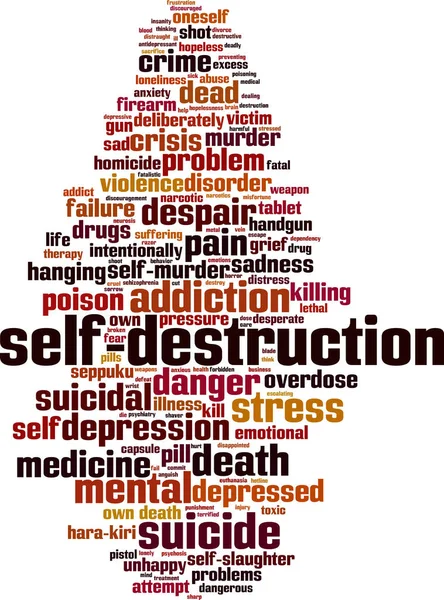 By law, parents have many responsibilities towards their children. For example, they must support them, educate, educate and protect their rights and interests.
By law, parents have many responsibilities towards their children. For example, they must support them, educate, educate and protect their rights and interests.
If parents do not fulfill their duties, they may be held administratively liable. Then they face a warning or a fine - 100-500 R.
Art. 63, 64 SK RF
Parents can be fined in different situations. For example, if they kicked the child out of the house, do not buy the necessary things or products for him, do not send him to school, or do not follow how he attends it and how he studies. I will give real examples from my own and judicial practice later in the article.
Parents can also be punished if their child under 16 uses alcohol or drugs. Fine - 1500-2000 R.
In addition to federal administrative responsibility, there is also regional - in the laws of the constituent entities of the Russian Federation there may be additional offenses and punishments for parents. For example, in St. Petersburg, children under 14 years of age cannot walk large dogs without adults - with a height of 40 cm at the withers. For this, parents can be fined 1000-5000 RUR.
Petersburg, children under 14 years of age cannot walk large dogs without adults - with a height of 40 cm at the withers. For this, parents can be fined 1000-5000 RUR.
Part 2 8_1 of the Law of St. Petersburg on administrative offenses
Cases of administrative offenses of parents are considered by the Commission on Juvenile Affairs (KDN) - this is the main body in the system of prevention of neglect and juvenile delinquency. We talked in detail about what CDNs are and how they work in an article about dysfunctional families.
Criminal. Parents who not only do not fulfill their duties, but also treat children cruelly, commit a crime. Here is what the court can impose:
- fine - up to 100,000 R or in the amount of the convicted person's annual salary;
- compulsory work - up to 440 hours;
- correctional labor - up to two years;
- forced labor - up to three years;
- imprisonment - up to three years.

The Family Code states that maltreatment of minors includes physical or mental violence against them and an attack on their sexual integrity. And the UN Convention on the Rights of the Child additionally lists other situations from which children need to be protected:
- all forms of physical and psychological abuse;
- insults and abuse;
- neglect and neglect;
- mistreatment and exploitation, including sexual abuse.
par. 5 st. 69 SK RF
In practice, child abuse can be considered situations when parents deprive him of food, lock him up somewhere for a long time, systematically humiliate and insult him, mock him or beat him.
Parents who leave their children in danger can also be held criminally liable: that is, they do not help the child in a situation that threatens his life or health. In this case, the threat must be real, not abstract, and the child must not be able to cope with it himself.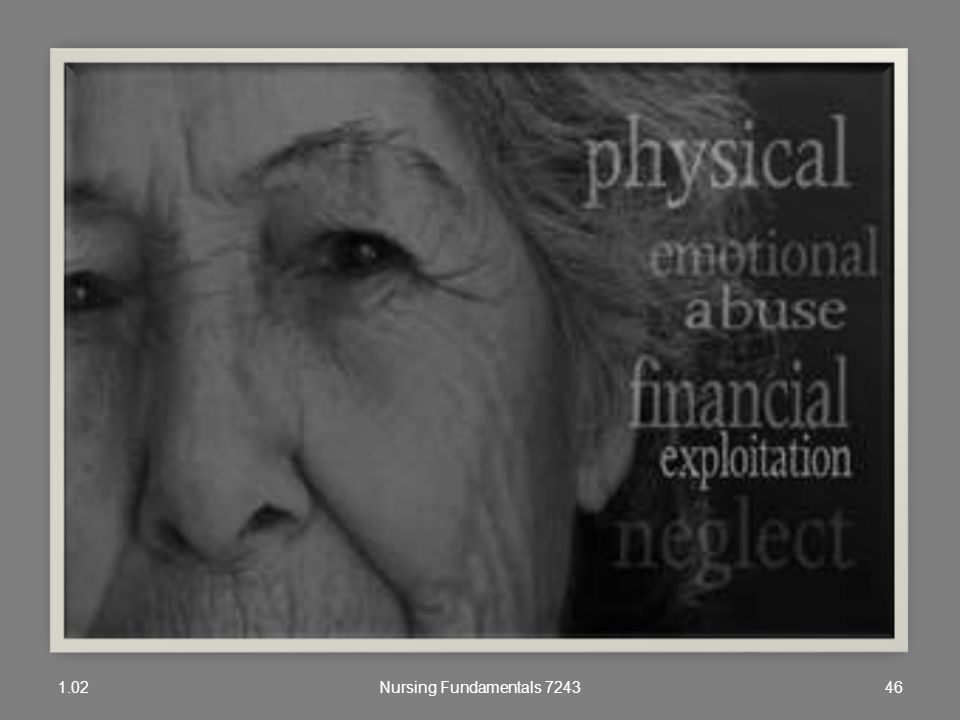 For example, if he fell and was badly injured, left alone in a deep place in the river or in the middle of a street with busy traffic.
For example, if he fell and was badly injured, left alone in a deep place in the river or in the middle of a street with busy traffic.
Art. 125 of the Criminal Code of the Russian Federation
Why the child got into this situation does not matter. The main thing is that the parent did nothing to help him, although he could. For example, he saw that the child swam too far, but did not pay attention to this and continued to sit on the shore.
At the same time, the parent is not required to thoughtlessly sacrifice his life to save the child. He must choose a method that will not harm anyone. For example, if a child is drowning and his mother cannot swim, she will not be punished for not jumping into the water to save him. But she must help him from the shore - call the rescue service, call passers-by.
The following can be punished for leaving a child in danger:
- a fine of up to 80,000 R or in the amount of the convict's six-month salary;
- compulsory work - up to 360 hours;
- correctional or forced labor - up to a year;
- arrest - up to three months;
- imprisonment - up to a year.

/guide/doroga-v-shkolu/
How to teach a child to get to school safely
For one of the parents, a mother, there is a special article in the criminal code: murder by a mother of a newborn child. It is used if the child died due to the fault of the mother within a month after birth. Moreover, this can happen not only because of the actions of the mother, but also because of her inaction. For example, if she leaves a newborn alone on a cold balcony for a long time or simply does not feed him.
In my practice, there was a case when a mother was sentenced to two years in prison for strangling a three-day-old baby with a robe belt. The girl was 18 years old, after giving birth she was left alone with the child and could not cope with the fact that he screamed a lot. In court, she said that it was the only way for her to go out for a smoke, and now she is free.
Civil liability is borne by parents when they need to compensate for property damage caused by a child. Under the law, until the age of 14, the legal representatives are responsible for the child. This means that if a child throws a stone at the window of someone else's apartment, then his parents will pay for the repairs.
Under the law, until the age of 14, the legal representatives are responsible for the child. This means that if a child throws a stone at the window of someone else's apartment, then his parents will pay for the repairs.
Art. 1073 of the Civil Code of the Russian Federation
The same responsibility is borne by organizations that have to look after children - kindergartens, schools, hospitals. And nannies who look after children under agreements with their parents.
I will give two examples from judicial practice. In the first case, three guys launched a quadrocopter, which at some point landed on the roof of a building and never took off again. The children tried to hit the quadcopter with stones and accidentally hit a car parked nearby. The owner of the car estimated the damage at 153,000 R. The parents of the children refused to pay, but they had to do it by court order. In addition, they paid an additional 20,000 R for state duty, postage, damage assessment and legal services.
In the second case, while shooting from an air pistol, a boy hit a girl in the eye with a metal bullet. Surgeons had to remove it, and after the operation, scars remained near the eye. As a result, the Moscow City Court ordered the boy's parents to reimburse the girl's parents for the money they spent on her treatment, as well as moral damages.
But both parents and organizations that temporarily looked after children can avoid liability if they prove that the harm was not their fault. It is more difficult for parents to prove this: they are responsible for the upbringing and behavior of children, therefore, if a child has done something, they are to blame by default. To prove innocence, you will have to confirm that, for objective reasons, the parent did not raise the child. For example, if the second parent does not live with the child and participates in his life only financially.
Amazing story 07/12/19
One schoolboy harmed another.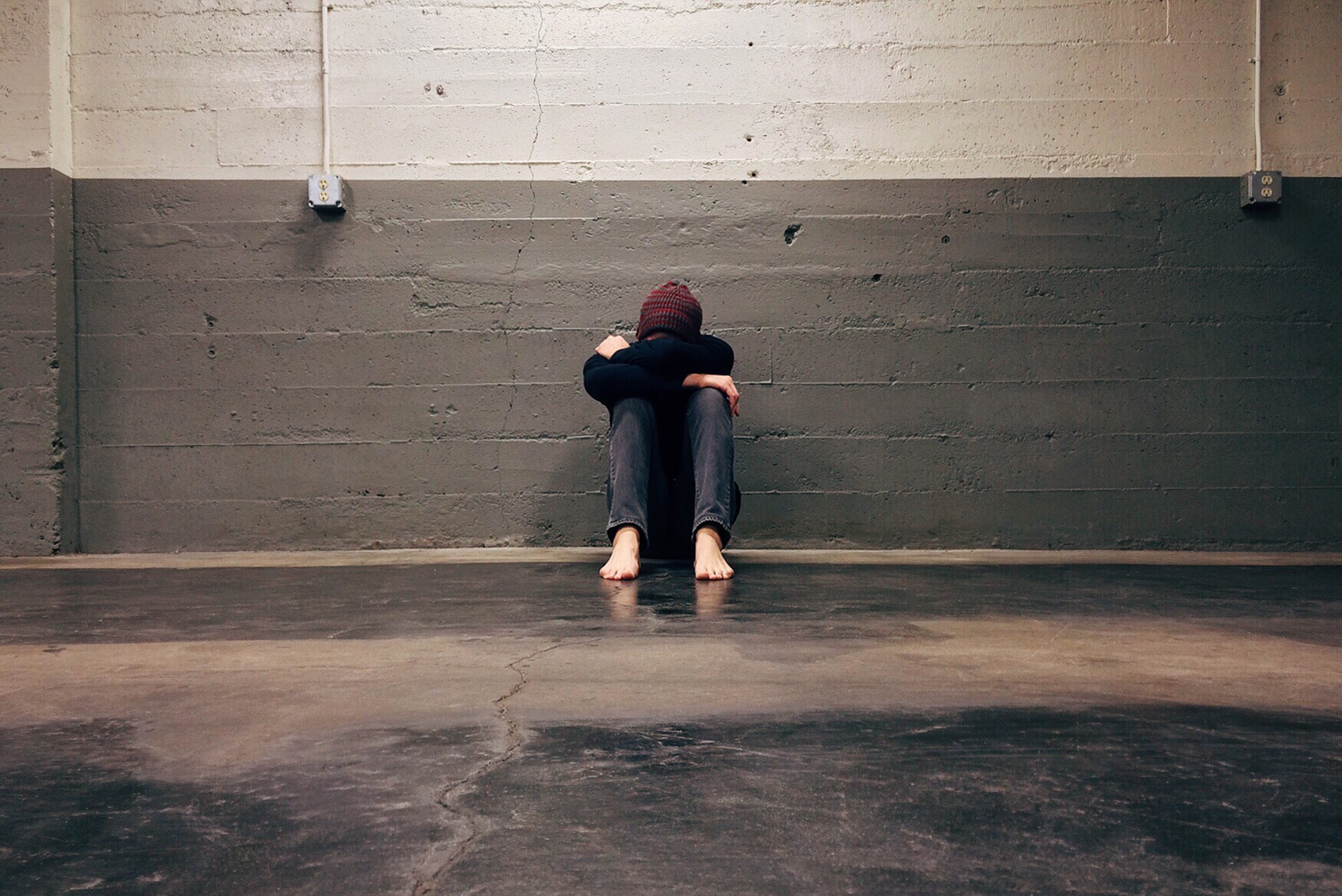 Who will pay: parents or school?
Who will pay: parents or school?
Organizations, on the other hand, are usually only to blame if they did not look after the child closely enough when he harmed someone. And they are not responsible for his upbringing.
Children between the ages of 14 and 18 are responsible for the harm they cause. But if they do not have money or property for this, then the debt will be collected from the parents.
Art. 1074 Civil Code of the Russian Federation
In this article, I will call the deprivation and restriction of parental rights family law responsibility. So only the court can punish the parents. But lawsuits about this are usually filed by guardianship authorities. And, as a rule, this happens with those families that are already registered with the KDN.
Another variant of family law liability is when a child is immediately taken away from the parents due to the fact that something threatens his life. This happens according to the act of the guardianship authority, which, within 7 days after that, must go to court with a claim to deprive the parents of their rights.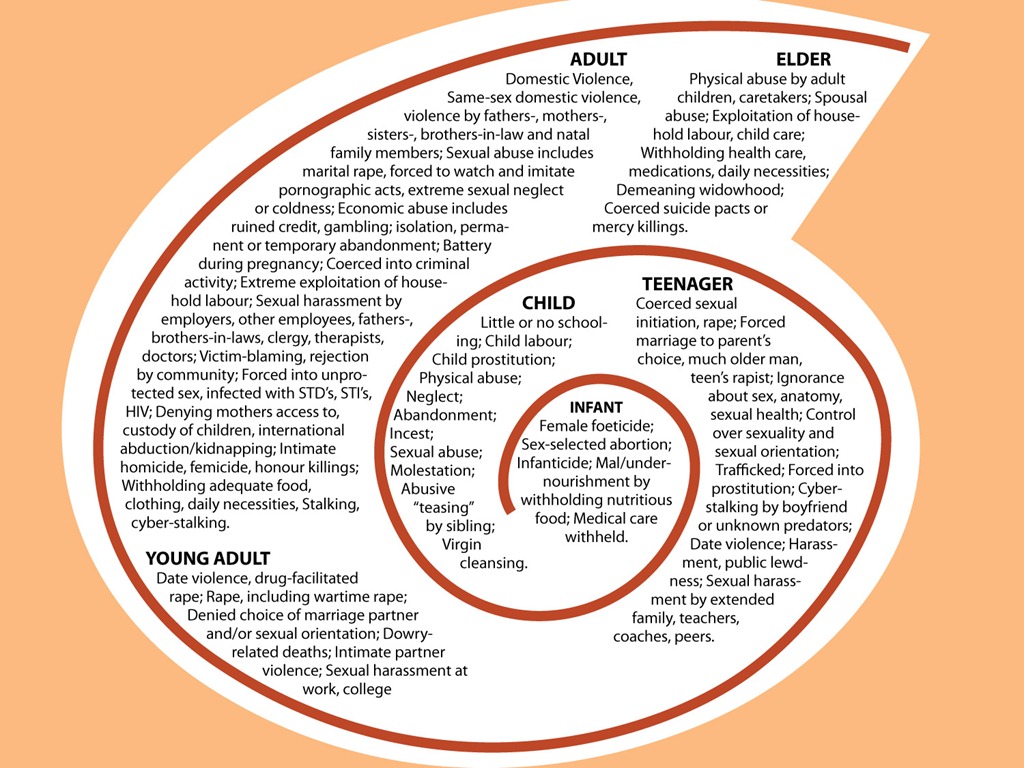
There is no special rule that parents cannot leave their child alone one or more times. You will have to answer only if they deliberately left the child in danger, something happened or could happen to him, or he did something himself.
What conditions are considered dangerous for a child
There are many dangers in apartment for a child. For example, household appliances and electrical cables, sockets, sharp corners, doors and windows, household chemicals and medicines. And parents are obliged to ensure that the child does not suffer from all this.
But if a child just hits a corner and gets a bruise, parents won't go to jail for it: anything can happen, the main thing is that they are there and help in time. But if a child was seriously injured due to the fact that they did not fulfill their duties - for example, slipped in the bathroom and broke their arm when the parents were drinking with friends, they can be brought to administrative or criminal liability. And, in my experience, the rare cases where a child falls in the bathroom end without consequences for the parents. Although each situation is individual, and each authorized body will be studied separately.
And, in my experience, the rare cases where a child falls in the bathroom end without consequences for the parents. Although each situation is individual, and each authorized body will be studied separately.
/guide/safety-kids/
How to make your apartment safe for children
Children also often fall out of windows. For example, according to the statistics of the Tver Children's Regional Hospital, from 2020 to 2022, 43 children fell out of windows in the region. And in the Moscow Region, in just 6 months of 2022, more than 50 children fell out of windows. Often accidents happen because of unreliable mosquito nets on windows - they can't even withstand cats, let alone children. And this usually happens when the adult has fallen asleep or is distracted - even for a short time.
Parents may also be held administratively or criminally liable for such an oversight. The more severely the child is hurt, the harsher the punishment will be.
In my practice, there were also such cases. For example, in the Belgorod Region, a two-year-old girl once fell out of a window - she climbed onto the windowsill, the window was open, and the mosquito net could not stand it. It was lucky that the apartment was on the first floor, and the girl survived. But nevertheless, she suffered quite badly - she received a concussion and a fracture of the temporal bone.
As a result of this incident, the girl's mother was brought to administrative responsibility under Art. 5.35 of the Code of Administrative Offenses of the Russian Federation. This is a punishment for her carelessness and shortsightedness.
Children are often injured or killed in fires. For example, according to the statistics of the Ministry of Emergency Situations, in January-March 2022, 90 children died in fires, and 360-390 children die every year.
Fires can be caused by children playing with matches or lighters that adults have left in an accessible area.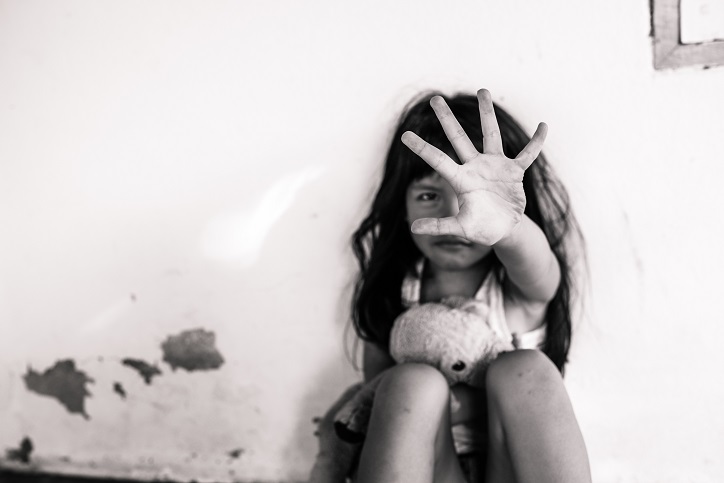 Or because the parents themselves created a fire hazard situation - for example, they dried clothes over a gas stove, did not fix the wiring in time, or used home-made household appliances. It is especially dangerous when children are left alone in locked rooms: in the event of a fire, they will not be able to go outside.
Or because the parents themselves created a fire hazard situation - for example, they dried clothes over a gas stove, did not fix the wiring in time, or used home-made household appliances. It is especially dangerous when children are left alone in locked rooms: in the event of a fire, they will not be able to go outside.
/list/catch-fire/
9 household appliances that could set the whole apartment on fire
For example, at the beginning of 2022, in the Volgograd region, two children — eight and two years old — died in a house fire. The house caught fire because one of the guys found her lighter in the kitchen where her mother was smoking, started playing and accidentally set fire to the curtain. The fire quickly spread. Mother was not at home at that time.
In such a situation, parents may be held criminally liable for causing death by negligence - under Part 1 of Art. 109of the Criminal Code of the Russian Federation, if one child died, and under part 3 of the same article - if two or more.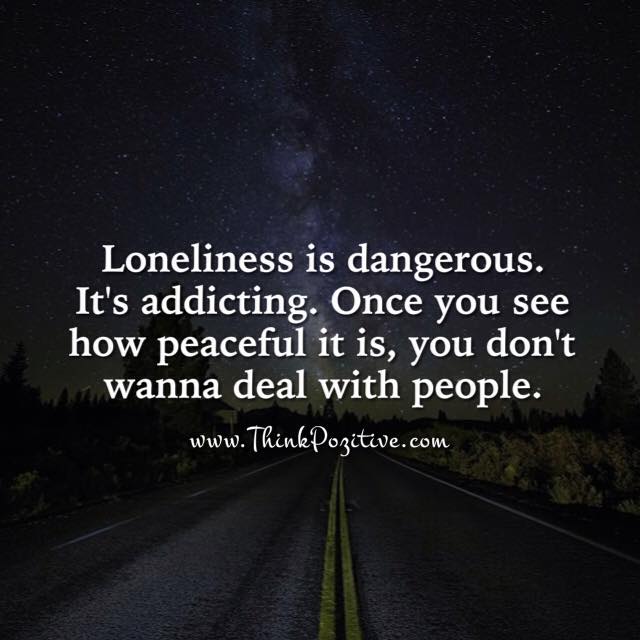
There are times when children's pranks turn into hooliganism. For example, for the sake of entertainment, the guys launch burning airplanes from the roofs of houses and balconies, set fire to mailboxes, door trims of apartments, throw lit smoke bombs into the entrances. For such behavior, children from the age of 16 are punished for intentional damage to property, and their parents - for dereliction of duty.
/teen-riot/
“Not every adult is ready to withstand such pressure”: 5 reasons for teenage rebellion
In addition, parents can be held liable even if they simply left their children at home alone for a long time and they were not harmed, but could be. Such behavior of adults is classified as a threat to the life and health of children.
Here is an example from my practice. In 2007, in the Belgorod region, parents left three children - 7 years old, 4 years old and 4 months old - alone for three days. Neighbors called the guardianship authorities when they saw that the older girl was collecting dry branches in the yard to kindle the stove and warm the younger ones.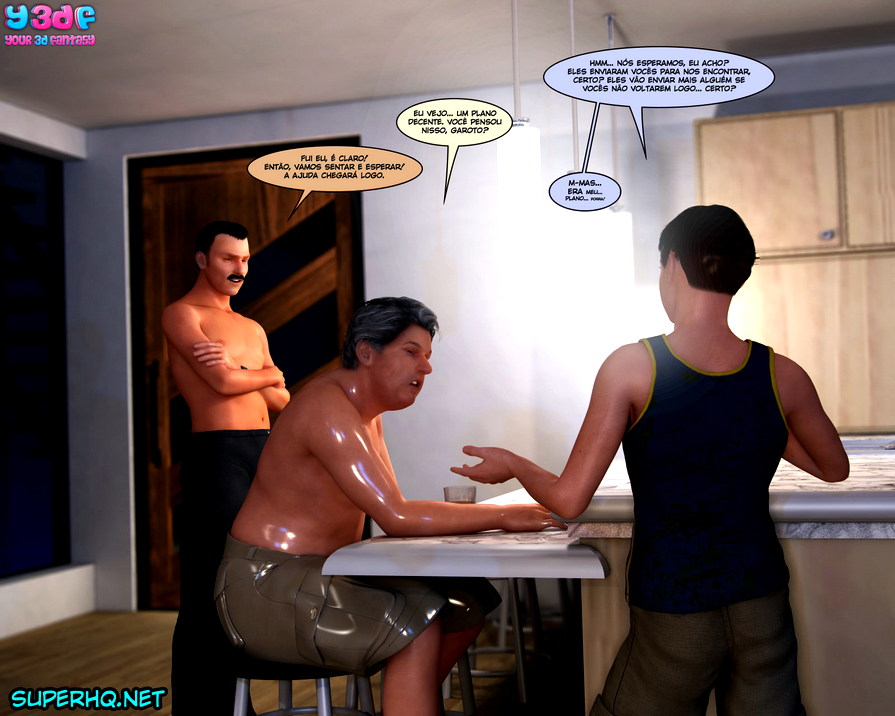
When we arrived, we found out that the adults had gone to a relative's funeral in a neighboring farm. They left only milk and bread for the children. And all the children survived only because their older sister took care of them.
Having found out everything, we immediately drew up an act and a resolution on the selection of children. We also placed the children in a juvenile rehabilitation center and deprived their parents of their rights within seven days.
The court satisfied our claim because the parents deliberately left the children in a situation that threatened their life and health. Children, due to their age, could not take care of themselves and miraculously did not suffer.
Since six months later, the parents of these children had not regained their rights, they were placed in a foster family.
And parents will also be responsible if the child lives in potentially dangerous conditions. Even if he has not suffered yet, but due to the conditions in the apartment or house, he may suffer in the future.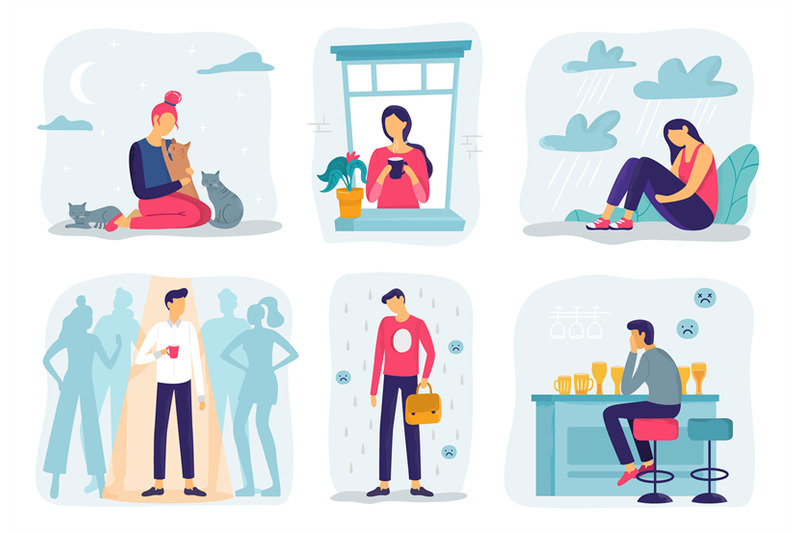 In this case, family law liability measures will apply.
In this case, family law liability measures will apply.
Here is an example from my practice. The school turned to us for guardianship - the class teacher said that the brother and sister had not been going to classes for a week, and their parents had not been in touch. Together with the police and the KDN, we went to their house and saw that the children were living in a house without heating, running water or sewerage - due to debts, gas and electricity were turned off for them, and water was only in the yard in the well.
The children's parents drank and did not cope with their duties - they fed them only bread and biscuits, did not wash them, did not wash their clothes. Under such conditions, the boy developed enuresis.
We offered the mother to temporarily place her children in a social rehabilitation center. In the meantime, they are there to solve everyday problems and improve the situation at home. But she refused. Therefore, we prepared an act on the selection of children and forcibly took them away.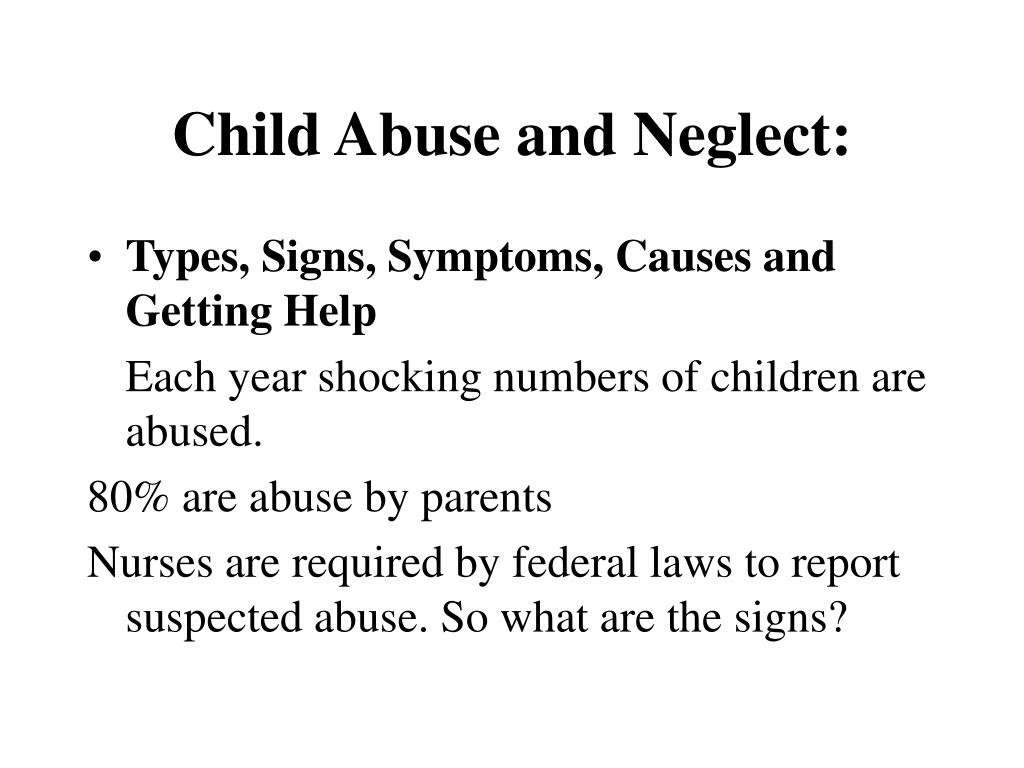
The next day we learned that something terrible had happened in the house — the children's grandmother had died from carbon monoxide. The mother was saved. It all happened because they kindled the stove with wood and, in order to keep the heat in the house, closed the chimney damper.
We subsequently restricted the mother's parental rights. But even after that, she did not change her lifestyle. Therefore, in the end, we deprived her of parental rights.
/prava/prava-deti/
Rights of children under 18
In the car. By law, it is forbidden to leave a child under 7 years old alone in a vehicle during a stop and parking. But adults sometimes forget that any car, even with the engine off, is a source of increased danger. And a child can fall into a deadly trap at any moment.
For example, on a hot day in Izhevsk in 2015, a young couple decided not to wake their two-month-old baby and left him in an air-conditioned car with the windows slightly open while they went to the store.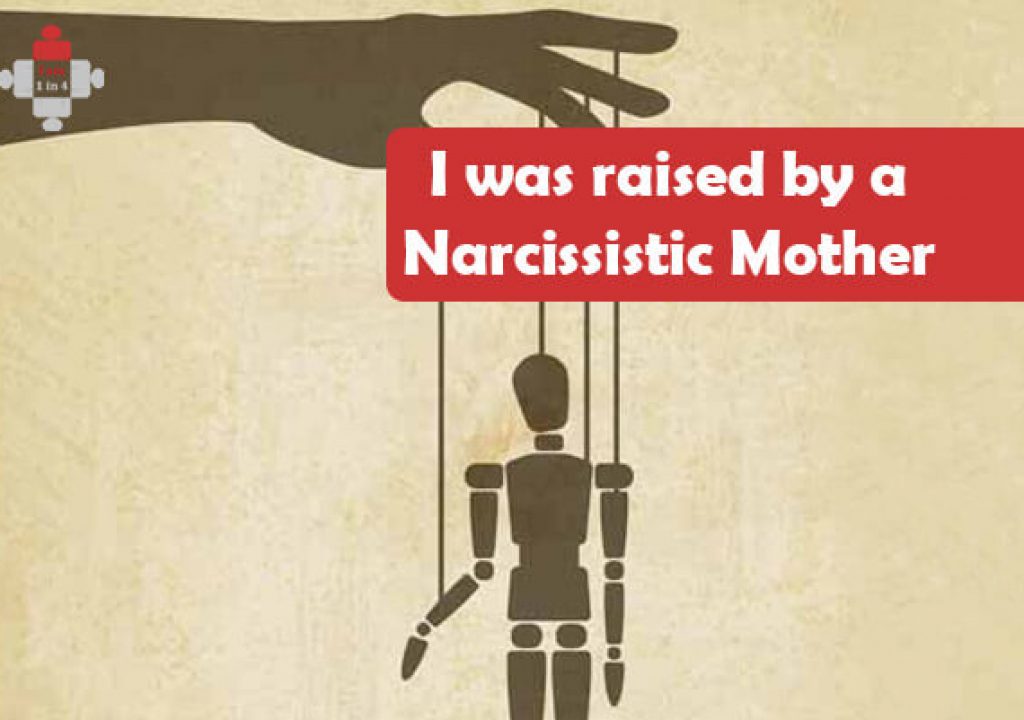 When the parents returned half an hour later, the child was no longer breathing. As a result, the police opened a case under Part 1 of Art. 109 of the Criminal Code of the Russian Federation - causing death by negligence.
When the parents returned half an hour later, the child was no longer breathing. As a result, the police opened a case under Part 1 of Art. 109 of the Criminal Code of the Russian Federation - causing death by negligence.
In 2013, in Krasnoyarsk, three eyewitnesses reported to the police in turn that a one-year-old child had been sitting in a closed car in 30-degree heat for more than an hour. The arriving squad broke the side window of the car and pulled the already suffocating child out of the car. A case was opened against the mother under Art. 125 of the Criminal Code of the Russian Federation - leaving in danger.
In 2015, in St. Petersburg, a mother left two children in her car in the summer — a four-year-old boy and a two-year-old girl. She didn’t just run into the store, but left for three hours. The children were saved by passers-by - they opened the salon, after which they called an ambulance and the police. The result for the mother is a criminal case under Art. 125 of the Criminal Code of the Russian Federation for leaving in danger.
125 of the Criminal Code of the Russian Federation for leaving in danger.
But a child in a car can suffer from more than just the heat. In 2013, in the Ulyanovsk region, parents left their daughter in the car. The window was open, the girl stuck her head out and accidentally pressed the power window button. The power was turned on in the car, so the window regulator worked and strangled the girl. The news does not indicate what responsibility the parents were brought to, but probably under Part 1 of Art. 109Criminal Code of the Russian Federation for causing death by negligence.
clause 12.8 of the SDA
For violation of the rules for stopping and parking a parent who was driving, or, for example, a school bus driver, may be held administratively liable under Part 1 or 5 of Art. 12.19 of the Code of Administrative Offenses of the Russian Federation. A fine in Moscow and St. Petersburg is 2500 R, in other regions - 500 R. And if something happened to a child in a parked car - he was injured or died, the perpetrator will be prosecuted under article 125 or 109UK RF.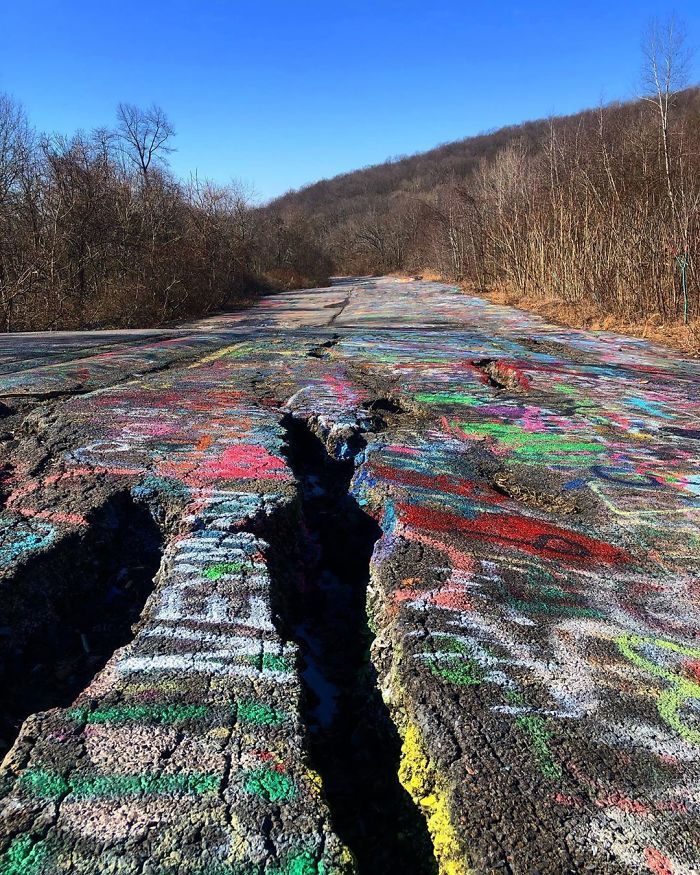
/child-safety-seat/
How to choose a child car seat
If the car was moving, got into an accident due to the fault of the parent and the child was injured, liability will depend on the circumstances. For example, if a child has suffered serious harm, this is Part 1 of Art. 264 of the Criminal Code of the Russian Federation with a maximum penalty of up to two years in prison.
You will also have to pay a fine under Part 3 of Art. 12.23 of the Code of Administrative Offenses of the Russian Federation - 3000 R if you transport a child under 12 years old in a car without a car seat. According to the law, a child under 7 years old can only be transported in a car seat, from 7 to 11 years old - in a car seat in the front seat, and regular seat belts can be used in the back seat, and from 12 years old only regular seat belts can be used.
In the yard and on the playground , a child can also be injured. And whether parents will be punished for this depends on the circumstances of the incident.
How to keep a child safe on a bicycle, roller skates and a scooter
For example, if a child was walking with his mother, accidentally fell and received a bruise, then no one will be punished for this. But if he was engaged in physical education on a public sports ground and suffered because the equipment was broken, the municipality will have to answer, because he is obliged to maintain the site in good condition.
Here is an example from my practice. In the winter of 2017, a 14-year-old teenager died on a hockey rink in the Belgorod region. The boy wanted to pull himself up on the crossbar of the hockey metal goal, but they were not fixed, and the whole structure fell on him and crushed him. Later, at the request of the mother, the court sought compensation for moral damages from the municipality, because it was he who was responsible for this site.
Children can be on Street during the day - parents will not be punished simply for sending their child alone to the store. And even if something happens to him along the way, the person responsible for this, and not mom and dad, will be responsible. But their duty is to teach the child how to get home safely.
And even if something happens to him along the way, the person responsible for this, and not mom and dad, will be responsible. But their duty is to teach the child how to get home safely.
But if a child is alone on the street at night, then his parents can be held administratively liable - which one depends on the region.
For example, in Moscow there is a law according to which children under 16 cannot be on the street without adults from 23:00 to 06:00. For this violation, parents can be fined 100-500 rubles.
Part 3 Art. 3.12 of the Moscow Code of Administrative Offenses
If a police officer sees a minor without adults at night, he will act according to the circumstances. For example, if he sees a group of children in the central square of the city, which is looking at the fireworks, then most likely he will not do anything: the children are clearly not in danger.
But if a child without adults is seen in an industrial zone or a park far from residential buildings, police officers are obliged to find out if he is in any danger.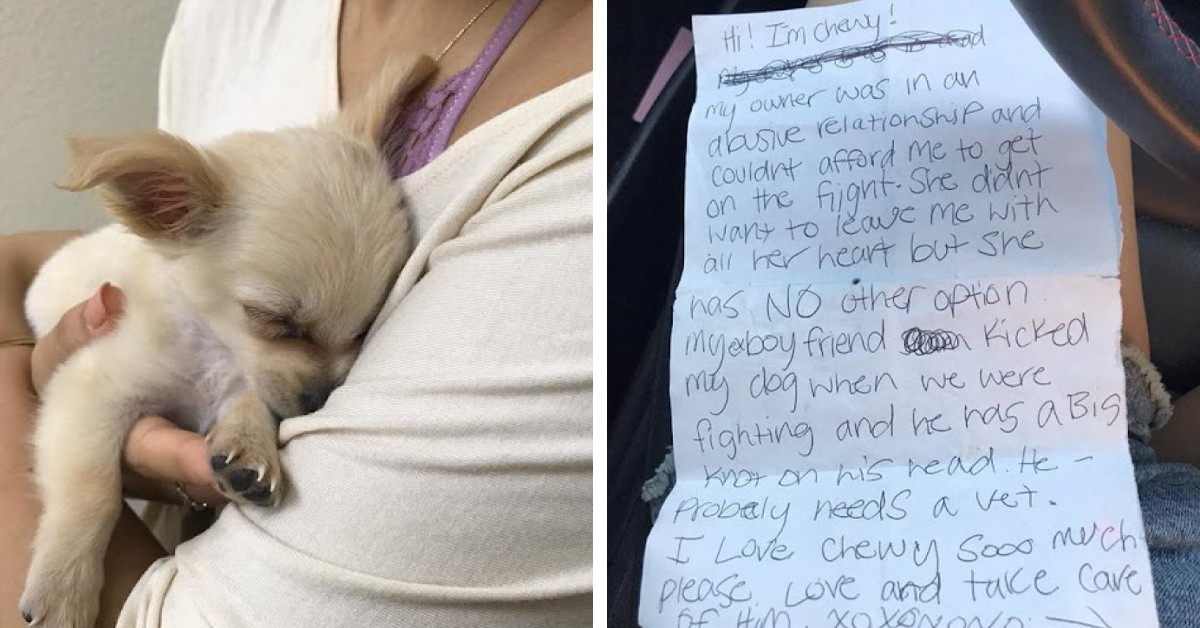 To do this, they will approach the child, identify him, find out information about his parents - full name, contacts, place of residence, occupation - and try to contact them. If it is not possible to find adults responsible for the child, he can be sent to a specialized institution - a temporary detention center for minors, which is located under the Department of Internal Affairs. But this is done only to ensure the safety of the child.
To do this, they will approach the child, identify him, find out information about his parents - full name, contacts, place of residence, occupation - and try to contact them. If it is not possible to find adults responsible for the child, he can be sent to a specialized institution - a temporary detention center for minors, which is located under the Department of Internal Affairs. But this is done only to ensure the safety of the child.
/bud-ostorozhen/
How the children and I participated in the safety training
If there are adults, they will be able to pick up the child. But they can draw up and send a report on an administrative offense to the CDN - if it is established that it is the parents who are to blame. After that, the employees of the KDN will summon the parents to a meeting of the commission and make a decision to bring them to administrative responsibility.
If an accident happened to a child at night or he committed a crime, then the responsibility for parents will be different.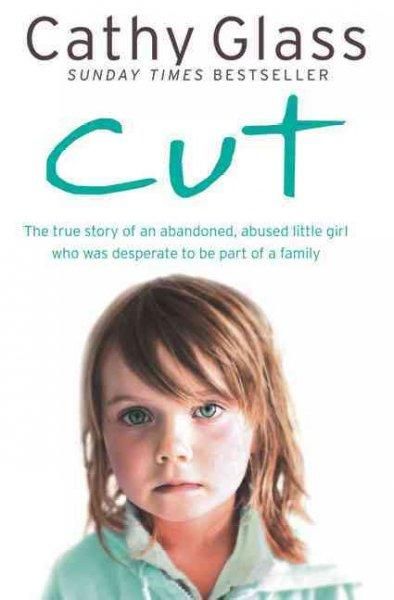 I will give two examples from my practice.
I will give two examples from my practice.
In the first case, a child and his friends climbed onto a power line support at night. He was electrocuted and lost his ear and 80% of his vision. After that, he had to undergo several plastic surgeries and eye surgery. And his grandmother - she was the only trustee - was brought to administrative responsibility under Part 1 of Art. 5.35 of the Code of Administrative Offenses of the Russian Federation.
In the second example, a teenager stole a car at night to ride with friends and had an accident - crashed into a tree. As a result, one passenger died. The driver was then already 16 years old, that is, he had reached the age of criminal responsibility. Therefore, he was attracted under Part 1 of Art. 166 of the Criminal Code of the Russian Federation - taking possession of someone else's car without the purpose of theft and part 3 of Art. 264 of the Criminal Code of the Russian Federation - a violation of traffic rules that negligently caused the death of a person. And his parents were brought to administrative responsibility under Part 1 of Art. 5.35 of the Code of Administrative Offenses of the Russian Federation, they were obliged to pay for the repair of a broken car and compensate for the costs of a funeral. According to the law, at the age of 16, the child himself bears civil liability, but he did not have money for this, so the parents answered.
And his parents were brought to administrative responsibility under Part 1 of Art. 5.35 of the Code of Administrative Offenses of the Russian Federation, they were obliged to pay for the repair of a broken car and compensate for the costs of a funeral. According to the law, at the age of 16, the child himself bears civil liability, but he did not have money for this, so the parents answered.
Do not leave your child unattended near the pond . This is not regulated by law, but adults should be aware that any body of water is a place of increased danger, and children regularly die while relaxing on the water and near water bodies. Even in the bathroom, a small child should not be left alone for a second: he can slip and get injured or even drown.
/deti-more/
Personal experience: how to gather a child at sea
Tragedies occur mainly due to the negligence and carelessness of adults, due to the fact that children cannot or do not swim well, swim in unidentified and unequipped places do not comply with water safety rules.
For example, in the Belgorod region in 2021, 175 administrative materials were drawn up for the improper performance by parents of their duties when their children were near the water.
In my practice, there was also such a case. In 2022, in the Belgorod region, a seven-year-old boy without adult supervision ended up with friends on a suspension bridge without handrails. One of the guys, according to eyewitnesses, pushed the boy off the bridge, he fell and drowned. He had no parents - only a guardian, who after this incident was removed from duties. They also punished a representative of the administration who was responsible for the condition of the bridge.
“Parents are not responsible for everything”
Dmitry Sergeev
retired police major
Author profile
I often come across the opinion that parents are responsible for literally everything that happens to a child. In fact, this is not so. Administrative and criminal liability can be brought only if the person is to blame for what happened. This also applies to parents - if they are not guilty of what happened to the child, then they cannot be punished and for nothing.
This also applies to parents - if they are not guilty of what happened to the child, then they cannot be punished and for nothing.
For example, a child slipped, fell and broke his leg. Mom is interrogated, and she gives explanations - she is guilty, she overlooked, she herself did not follow the child. She is brought to administrative responsibility. And then it turns out that it was the neighbors who spilled oil in the entrance, on which the child slipped. Mom couldn't foresee and prevent it. But she was already punished, based on her explanation.
That is why each situation needs to be dealt with individually. And the decision to hold liable should be made depending on the specific circumstances.
For example, a police officer sees a child without adults at night. This does not mean that parents will be held administratively liable. First you need to understand the situation.
Usually, when meeting a child, the policeman will find out why he is alone on the street at such a time.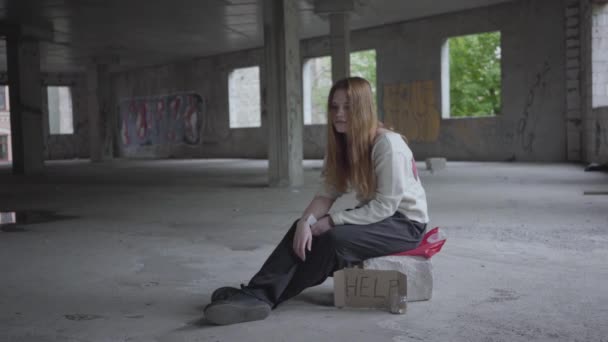 If a child says that he is just going home, where his parents are waiting for him, he, of course, will not be taken to a temporary detention center for minors. And there is no violation of the law in this case. If possible, the policeman will take the child home and this will all end - there is no threat to the life and health of the child, the parents are waiting and worrying at home, the law has not been violated.
If a child says that he is just going home, where his parents are waiting for him, he, of course, will not be taken to a temporary detention center for minors. And there is no violation of the law in this case. If possible, the policeman will take the child home and this will all end - there is no threat to the life and health of the child, the parents are waiting and worrying at home, the law has not been violated.
If the child answers that he is just walking, the policeman is likely to look at his watch. You can still take a walk at 21:00 - anything can happen. But if the clock is 03:00, and the events take place far from residential buildings, he will clarify who let him go for a walk at night and how he ended up in such a place.
If a child, for example, starts to run away, the employee may assume that he became either a participant in the crime or its victim. And in order to find out everything, they can take him to the police and interrogate him in more detail. But this does not mean that parents will have to answer. For example, if a child is kidnapped, then the kidnappers will be held accountable, not the parents.
For example, if a child is kidnapped, then the kidnappers will be held accountable, not the parents.
Another possible scenario is that the child will say that his parents kicked him out of the house and, for example, have been drinking for several days. A different algorithm will work here, because the parents put the child in danger. And that means he needs to be taken to a safe place - to the police department. And then information about this will be transferred to the CDN, and parents, most likely, will be fined and registered.
This means that simply letting a child go for a walk in the center of a metropolis in the evening is not yet a violation. But to send him barefoot for alcohol in winter is a violation. Because in this case, the child is in danger.
Let me give you a real example — a child went for a walk during the day. And as a result of this, his mother was deprived of parental rights. But this happened because he went for a walk without clothes and shoes at -40 °C.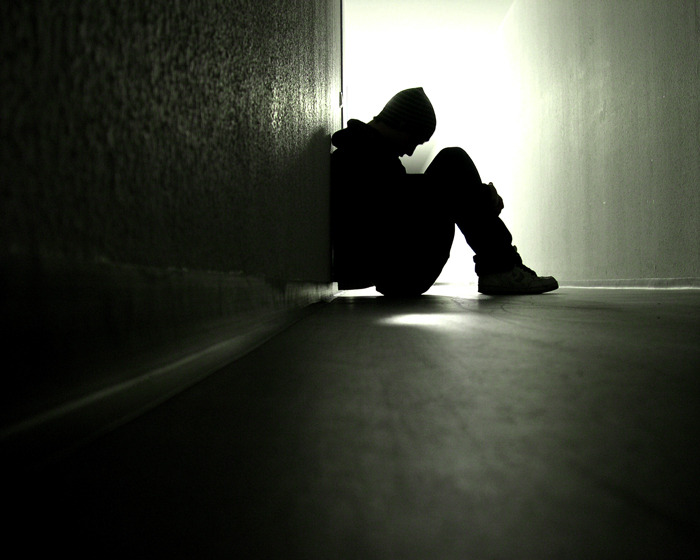 So the time of the walk does not always matter - the circumstances are more important.
So the time of the walk does not always matter - the circumstances are more important.
Kindergarten or school. When a parent transfers a child to an educational organization - a kindergarten, school or circle, he also transfers responsibility for his safety. This means that from the moment a child finds himself in his group or class, an educator or teacher is responsible for his life, health and development.
part 6, 7 28, paragraph 8, part 1, art. 41 of the Law "On Education"
I will give an example from judicial practice. In 2019, during a morning walk in a kindergarten, a children's iron sports equipment fell on a child - a rainbow that was not fixed. Because of this, the boy received a fracture of the second metacarpal bone of the right hand.
The father of the child went to court to receive compensation for moral damage. He claimed that the educational organization did not ensure the safety of the child and did not provide him with the necessary medical care.
The court sided with the parent and granted the claim. He also pointed out that because of the incident, a teacher and a worker for the integrated maintenance of the kindergarten building had already been brought to disciplinary responsibility.
When can children be left unattended
At what age can a child be left alone at home according to the law. There are no restrictions and age limits for such situations in the legislation. In practice, this is more of a moral question than a legal one.
But in any case, parents are obliged to prepare the child for the fact that he will be left alone - to tell how to behave if a stranger rings at the door, how to heat up food or how much cartoons can be watched on TV.
/list/chemu-nauchit-rebenka/
What to teach a child so that he does not become a victim of a criminal
They are also obliged to prepare an apartment for the fact that a child will be left unattended in it. For example, keep sharp objects away, securely close windows, turn off the gas, hide matches and lighters.
For example, keep sharp objects away, securely close windows, turn off the gas, hide matches and lighters.
If something happens to the child while the parents are not at home, they can be brought to administrative or criminal liability, which I described above. But only if their guilt is established.
For example, if a child in the absence of his parents found his father's gun and shot himself, the parents are to blame: they left a dangerous thing in the access. And if a downstairs neighbor set fire to his own apartment, and other people's children suffered from this, their parents are not guilty and they will not be punished.
“It is better not to leave children at home alone”
Polina Koryagina
mother of two
Author profile
I have two children, 8 and 6 years old. It so happened that they grow up in a family where everyone works: both parents and grandparents. During working hours at home with children, I am alone - I work remotely.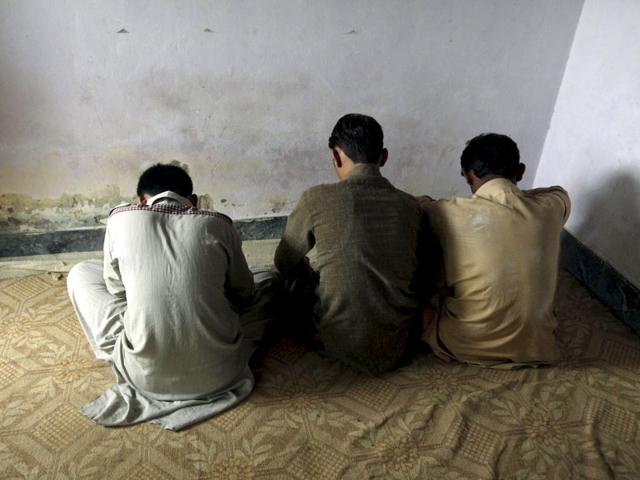
When my son was 5 years old and my daughter 3, I had to leave them at home alone: they were both sick, did not go to kindergarten, and I urgently needed to go to the pharmacy for a children's antipyretic, because the one who was at home had expired validity. I had no one to ask to marry me or be with the children, so I reminded the children not to touch the stove and go up to the windows, turned on the cartoons and left for 20 minutes.
Of course, I was terribly worried: there are many stories on the Internet when children were left alone for literally a couple of minutes, and a fire started, and so on. But everything went well: I found the children in the same place where I left them, and in perfect order.
And although several years have passed since that day, I still try not to leave my children alone at home, neither together nor alone. And every time I remind you what to do if everything does not go according to plan.
I think it does not matter where the family lives, in a big city or in a small village: I would not leave children alone for a long time until they are at least 12 years old. When I was 10, I did not go to school due to illness, and my parents were at work. On that day, a robber broke into our apartment through the balcony. I was lucky: he tried to fence the apartment above us, but the owners returned, so he went down to our balcony, broke the window and just ran into my room to jump out of the window on the other side of the house. But I was very scared. I remember how I hid behind the sofa in the living room and called 02, I remember how I said: “Please come soon. And then I’m 10 years old and very scared.”
When I was 10, I did not go to school due to illness, and my parents were at work. On that day, a robber broke into our apartment through the balcony. I was lucky: he tried to fence the apartment above us, but the owners returned, so he went down to our balcony, broke the window and just ran into my room to jump out of the window on the other side of the house. But I was very scared. I remember how I hid behind the sofa in the living room and called 02, I remember how I said: “Please come soon. And then I’m 10 years old and very scared.”
Everything ended well, but I don't want my children to experience something like this, so I'll try not to leave them alone at home on a permanent basis for as long as possible.
“Staying home alone is good”
Tamara Gerasimovich
mother of three children
Author profile
I have three children — 12, 10 and 7 years old. The eldest daughter almost never stayed at home alone: grandfather and grandmother inspired me that it was dangerous and scary.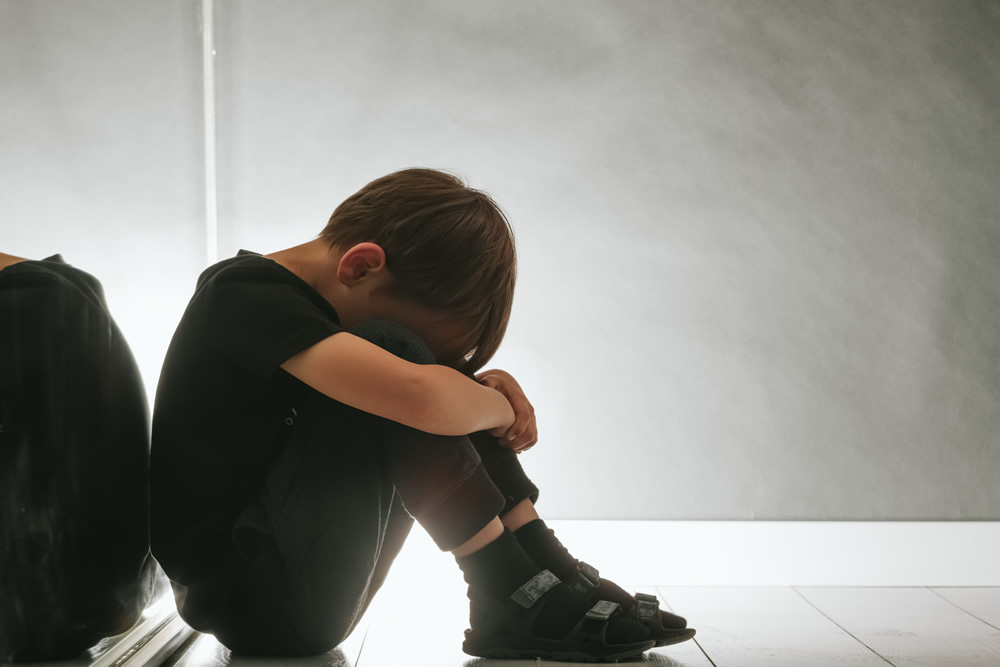 I tried not to convey these concerns to her, but she understood everything anyway. Therefore, she is still afraid to be alone even during the day and prefers to walk while no one is at home: she is calmer on the street.
I tried not to convey these concerns to her, but she understood everything anyway. Therefore, she is still afraid to be alone even during the day and prefers to walk while no one is at home: she is calmer on the street.
I left my middle son at the age of seven and a half - he was sick, and I had to take my eldest daughter to school. Then he was a little nervous, but in general everything was in order. So gradually he got used to being alone. I was afraid for him, but he is calm, not playful, but on the contrary, too cautious, so now he is calmly sitting at home alone.
The youngest was home alone for the first time at the age of six - I needed to meet one of the older ones, and I left her at home with the phone. And so it happened. If she is very scared, she turns on the voice assistant Alice or calls me.
Now, if there are three or two children, they can sit alone most of the day. I can come in, check, bring groceries and leave again on business. They will be a little indignant, but on the whole they will remain well - without tears. The only thing is that they are afraid to sit alone at home when it is dark. And in winter it will be a problem.
The only thing is that they are afraid to sit alone at home when it is dark. And in winter it will be a problem.
I think that two points are important in this matter. The first is to look at the child: if he does not panic, can serve himself, for example, find a snack or pour water, then you can leave him alone for a while. This is a useful experience: to be alone, to be alert, to feel responsible.
Second - it should be safe in the house. When we lived on the 15th floor, I never left the children alone. And now we live on the first floor, we have a secure door, we have a mobile phone at home, I turn off the stove when I leave and check everything.
The question of whether it is possible to leave a child alone at night, is solved in the same way - this is not prohibited by law, but parents must ensure his safety, even if they are not nearby.
Is it possible to leave a child at home with older children. This is not prohibited by law. But it is important to remember that the responsibility for children lies with their parents, not older children. Therefore, if a child suffers, it is the parents who will be punished - but only if their guilt is established.
But it is important to remember that the responsibility for children lies with their parents, not older children. Therefore, if a child suffers, it is the parents who will be punished - but only if their guilt is established.
“Before you leave, create a safe environment for your child and talk to him”
Margarita Noskova
psychologist
Author’s profile
It is impossible to unequivocally answer the question of at what age you can leave a child alone for some time. Most recommendations boil down to the fact that supervision is necessary up to 7 years. At the same time, some babies at the age of 5-6 are quite independent and are quite capable of spending 1-2 hours without parents, while others should not be left without adults even after 7 years.
From the point of view of evolution, being alone for a child means death, he is really very scared. The baby's brain is not yet able to understand that times have changed, a wild beast will not get into the cave, dangers in the environment have been reduced to a minimum. In addition, such a concept as "time" is still too difficult for preschoolers to comprehend, every minute without parents seems like an eternity.
In addition, such a concept as "time" is still too difficult for preschoolers to comprehend, every minute without parents seems like an eternity.
If you decide to leave your child alone for a few hours, it is important to create a safe and predictable environment. Physical security means, for example, that blockers are installed on the windows, furniture is fixed so that it does not fall on the baby, and dangerous objects cannot be found.
Predictability is also important for peace of mind and a comfortable psychological state. In no case should you disappear without warning, you must tell the baby in advance where you are going when you return, what he can do while you are away. For example, you can put a clock in a prominent place and say that you will return when the big hand is here and the small one is here. This will help to avoid the baby's worries that the parents did not return on the promised date.
An excellent option would be to list the activities that the child will do while you are away. For example, "you will play, read a book, drink water and eat the cookies that I left on the table for you, and then I will return."
For example, "you will play, read a book, drink water and eat the cookies that I left on the table for you, and then I will return."
Remember
- Legal representatives of minors are responsible for their life and health. And if the child is harmed, they will bear the statutory liability - civil, administrative, family law or criminal.
- As part of civil disputes, parents compensate for property damage caused by their child. Until the age of 14 they do it without fail, and from 14 to 18 years old - only if the child does not have his own money for this.
- Parents who do not fulfill parental duties are brought to administrative responsibility. The fine for this is 100-500 R.
- Family law responsibility is the restriction and deprivation of parental rights. So parents are punished if they create conditions that are dangerous to the life or health of the child.
- Criminal liability is provided for violation of the norms of the Criminal Code of the Russian Federation.
